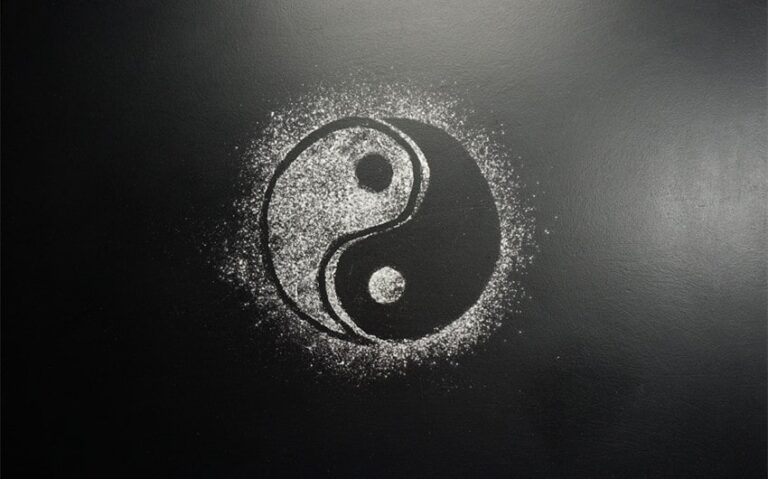How Social Media Contributes to the Phenomenon of Ghosting and Lingering
Ghosting can have adverse psychological and emotional effects on individuals in romantic relationships. It creates feelings of questioning, self-doubt, and even abandonment. The absence of closure leaves one wondering what went wrong and why they didn’t deserve a simple conversation.
When people communicate on social media, there is a lack of physical proximity, contributing to ghosting. Individuals may be more inclined to abruptly let an interaction “die naturally,” as it was called before ghosting became a term, without in-person contact. This is sometimes because they feel less accountable for their actions.
The consequences of ghosting on social media and in online relationships, in general, might not be as immediate or apparent as in conventional offline ones.
Why do people ghost?
A research team surveyed 76 college students through flyers and social media on whether they have ghosted someone and why. The sample was 30% male and 70% female. Some people shared that they didn’t have the communication skills needed for an open and honest conversation, regardless of whether that conversation would have happened online or face-to-face. Others admitted they ghosted because they believed meeting in person would stir up sexual or emotional feelings they were not prepared to cope with.
The majority of respondents ghosted because of safety concerns. 45% ghosted to remove themselves from a situation they described as unpleasant, toxic, or unhealthy.
The smallest share of those surveyed ghosted to “protect” the person’s feelings. They felt overt rejection would hurt their feelings more than simply ceasing to interact.
Social media and lingering
Social media have given rise to many unique phenomena in human interactions, some of which aren’t particularly pleasant. These include forms of lingering, such as orbiting in dating. Orbiting is when two people have agreed to stop seeing or otherwise communicating with each other, but one continues to interact with the other via likes or comments on their social media posts.
Other forms of lingering include pictures of an ex using or wearing something you gave them when you were together or an ex suddenly doing something you always wanted them to do while you were dating, but they refused. This refers not to literally lingering but figuratively in one’s mind.
Interestingly, tools like an AI image generator have also been used to curate idealized representations of lingering moments or even create symbolic depictions of relationships. These artificial visuals can evoke emotions tied to unresolved connections, further complicating closure.
Ghosting in numbers
As of 2024, 13-23% of adults have experienced ghosting in a romantic relationship. At least a fifth of the general population has been ghosted, has ghosted someone, or both. This is a pronounced increase from 2014 when a survey of 1,000 US adults revealed that just over 10% had broken up with someone through ghosting.
With the use of social media becoming more prevalent as the world’s population increases, ghosting incidences can reasonably be expected to rise proportionally. In 2023, there were 4.8 billion social media users, representing around 60% of the world’s population and almost 93% of internet users. Between 2022 and 2023, there were 410,000 new social media users a day, coming to 4.7 per second.
Is ghosting ever OK?
It is a fact that some people would rather be ghosted than find out how much the person who did the ghosting disliked them. Generally, however, it’s best to provide some kind of final communication so the person has some clue about what happened. One completely acceptable reason for ghosting is if one would otherwise risk being abused or if further communication would put them at risk.
What about when you’re the ghostee?
It’s understandable that you feel hurt. It’s acceptable to ask for an explanation once or twice, but if you don’t get one, don’t continue to demand it. The lack of a response is a response in itself, and you shouldn’t keep choosing someone who didn’t choose you.
Recap
- Lack of physical proximity contributes to ghosting
- Individuals may feel less accountable for their actions on social media
- Social media has given rise to forms of lingering such as orbiting
- Increasing use of social media will make ghosting more prevalent







